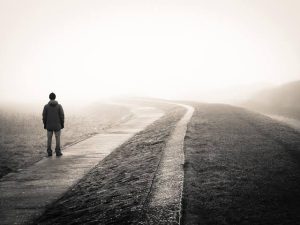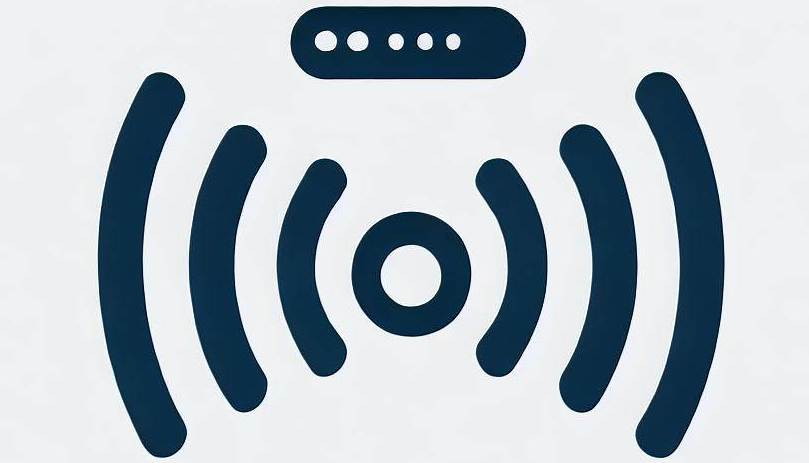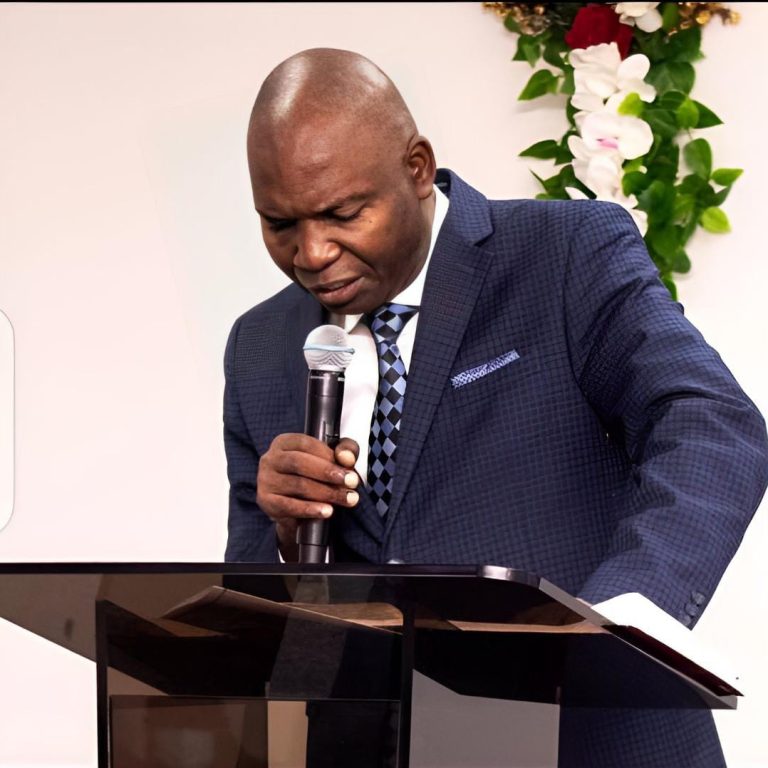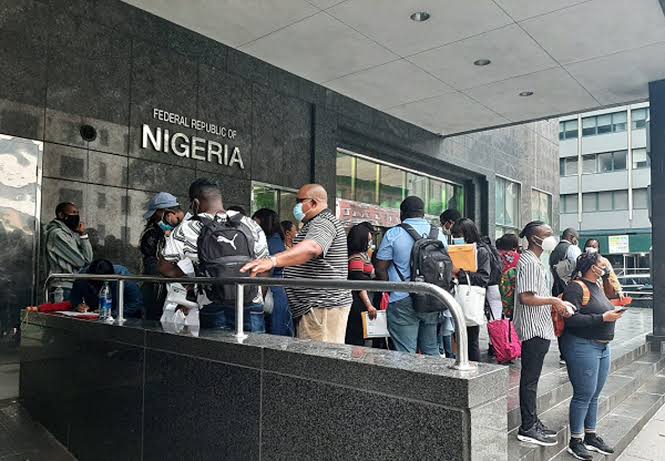Finding Identity in a Culture of Loneliness

In our hyper-connected world, the irony of isolation is both perplexing and pervasive. Never before has humankind been so capable of instant communication, and yet, we find ourselves adrift in a sea of loneliness. Social media platforms promise endless connection, but the reality is often one of superficial interaction, leaving many with a hollow sense of belonging. In this vast and confusing landscape, the question of identity – of who we are, beyond the roles we play or the personas we adopt – becomes ever more pressing.
Loneliness, it seems, has become a silent epidemic. It stretches beyond mere physical isolation and into the emotional and psychological realms. In a society that prizes productivity and self-sufficiency, admitting loneliness can feel like a weakness, something to be disguised beneath the polished veneer of a curated life. The persistent drive for individualism, celebrated as the hallmark of modernity, may indeed have left us untethered from the very communities that once shaped our identities and provided us with a sense of place and purpose.
In this context, the search for identity can feel fraught with contradiction. On one hand, we are told to ‘be ourselves’, to seek our ‘true selves’. On the other, we are bombarded with images, ideals, and expectations that push us towards conformity. The pressure to fit in and stand out simultaneously is enough to fracture even the most confident among us. But for those already struggling with feelings of isolation, it can be devastating.
Historically, identity was often intertwined with community. One’s sense of self was forged within the fabric of family, religion, or place – a farmer’s son, a tradesman’s daughter, a member of the church, or the village. Such connections may have been limiting in certain ways, but they were also anchors. Today, many of those bonds have loosened. The world has become larger and more fragmented. We move cities and change careers; friendships are maintained across continents, but often without depth. In the scramble to ‘find ourselves,’ we risk becoming unmoored.
So, how do we find identity in a culture that, despite all its promises of connection, seems so often to foster loneliness?
First, we must acknowledge the importance of community in shaping identity. The notion that we are entirely self-sufficient individuals is a fallacy. Human beings are inherently social creatures, and our sense of self is nurtured through our interactions with others. But, in a world where traditional communities may no longer be readily available, we must actively seek out and cultivate new forms of belonging. This might be through shared interests, hobbies, or causes – spaces where authentic connections can grow, unburdened by the performance-driven nature of social media.
Secondly, we must learn to embrace solitude without succumbing to isolation. There is a distinction to be made between being alone and being lonely. In moments of solitude, there is the opportunity for self-reflection, for delving deeper into who we are, outside of the noise and expectations of the world. It is in these quiet moments that we can begin to sift through the layers of imposed identity and discover what truly resonates with us.
Crucially, we must resist the urge to measure our worth by external standards – the number of followers we have, the accolades we achieve, or the image we project. True identity comes from within, from understanding our values, our passions, and our unique perspectives. It is not something that can be moulded to fit the contours of societal trends or expectations.
And lastly, we must be kind – to ourselves and to others. Loneliness often carries with it a sense of shame or failure, but it is a shared experience, one that transcends borders, class, and age. In recognising our common humanity, we open the door to deeper, more meaningful connections.













